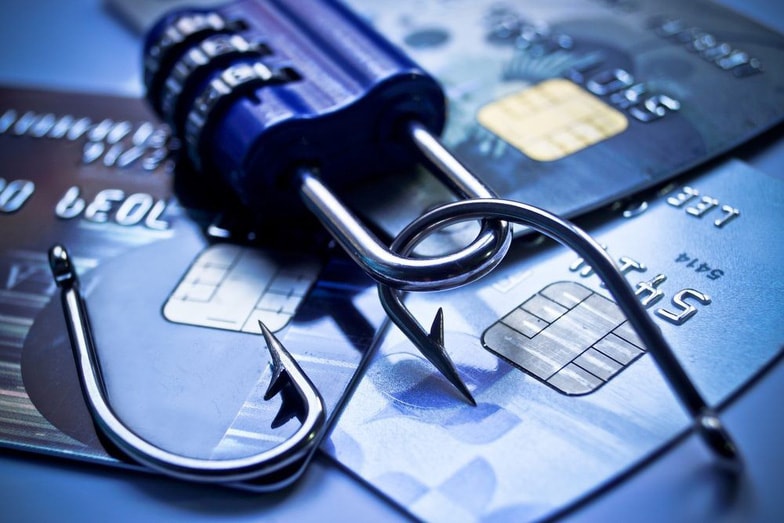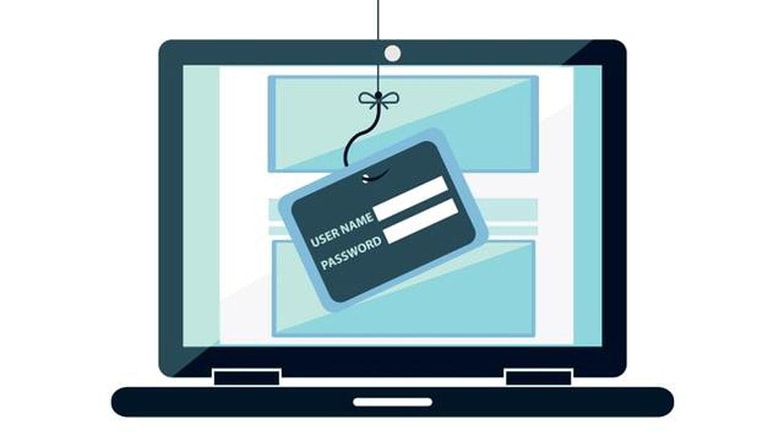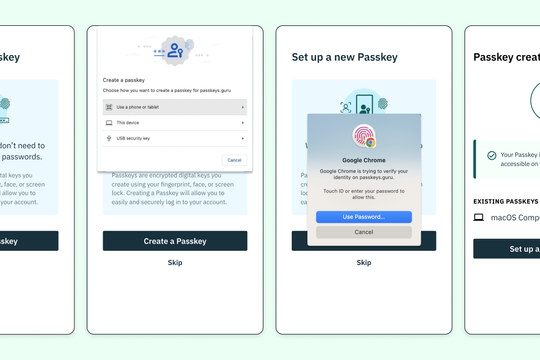3 golden rules to remember to avoid being scammed online
Phishing scams come in many forms. Remember these three rules to keep your money and personal information safe.
Fake emails or content designed to grab your attention like"Free! Click now!"It may not seem like much of a hacking technique, but the attacker has done a lot of research and understands the tricks to make the content look extremely real.
This makes it very difficult for the average user to protect themselves. You know not to click on a URL in a suspicious email. You know to think twice before clicking on any URL in your email inbox.
You know the same thing about downloading attachments and entering personal information or login credentials into registration forms you don't trust.
 |
| Credit card information, one of the targets of scammers - Photo: INFORMATION SECURITY BUZZ |
However, the problem of fraud will continue forever, waiting for you to let your guard down one day. And when you "take the bait", the consequences often include theft of personal information, property, or malware running hidden on your device.
According to Wired, you should understand the following 3 rules to protect yourself from online fraud.
Rule 1 - Use contextual information
It sounds complicated, but it's actually quite simple, just listen to yourself. Remember, even if an email looks like it's from a friend, it doesn't mean it's safe.
If you don't expect to receive an email from someone, or the tone of the email seems urgent, or your friend sends you a message via Facebook Messenger when they normally only text you SMS, and you feel "a bit wrong", it's best to double-check with the sender on another platform to ensure safety, such as calling, texting via Viber, Skype...
When a message comes from a stranger or someone you don’t know, start by considering the circumstances of why you received it and whether it makes sense. Most online services won’t immediately ask you to change your account via email.
And in case they do, you should always visit the independent service website through your web browser, and check the accuracy of the information.
Be wary of attachments and avoid opening them altogether, especially if you didn't ask for them or didn't plan to receive them.
Rule 2 - Remember the basics
Following the most basic security tips will help you the most. Always back up your data. Enable multi-factor authentication (if they support it) on your online accounts.
Close accounts you no longer use. And create a password manager to ensure unique and strong passwords. All of these steps will make you a tough target, but more importantly, they will minimize the damage if you do get scammed.
Rule 3 - Know your enemy
Avoiding scams essentially requires users to be aware of the characteristics of the scam itself. “What I find fascinating about these crimes is that they exploit the most basic parts of human behavior,” says Crane Hassold, director of security at PhishLabs. “It all has to do with curiosity, trust, and fear. These are hardwired into us, so it’s best to be vigilant, to recognize signs that are not logical, not realistic.”
 |
| Avoid entering account information on suspicious websites - Photo: BETANEWS |
That means always pay attention to your instincts and emotions when reading messages and emails. Any urgent requests, threats from some government organization, random favors, suggestions to click or take some action, be wary! You need to feel the emotional guidance in the information before acting.
It’s time to realize the bitter truth (if you haven’t already): No one will suddenly give you a high-value product or a billion dollars for free. Not at all.
According to TTO
| RELATED NEWS |
|---|



